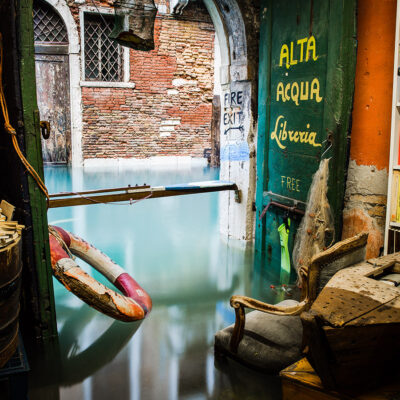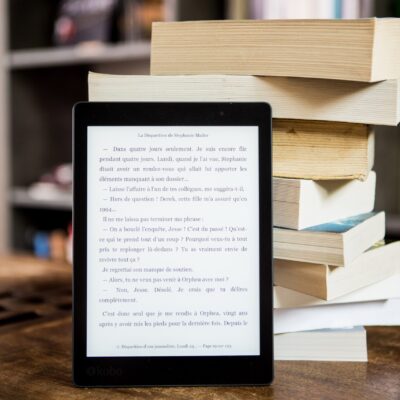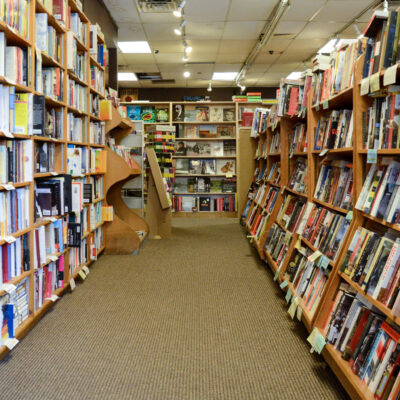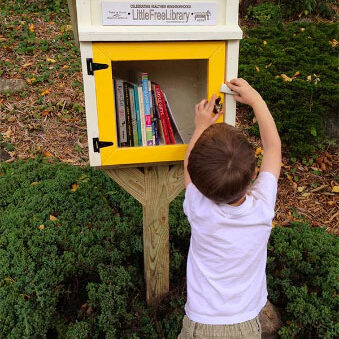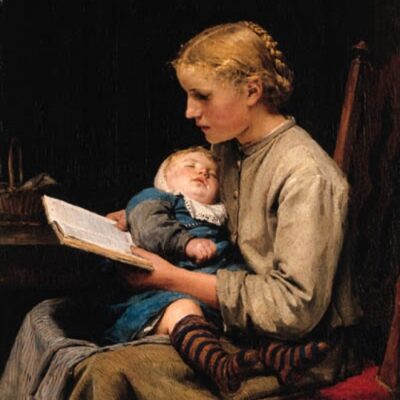Caul Baby by Morgan Jerkins
It’s 1998 Harlem, and Laila Reserve is debating whether or not to approach the Melancon family for help after suffering multiple miscarriages. The Melancons, a powerful Creole family living in the community, conduct a secretive, thriving trade from their bodega storefront. They are caulbearers, born with the birth membrane still intact. The Melancons fuse this precious membrane to their babies at birth so that it can later be cut off and sold. They sell pieces of caul as protective amulets to well-off white families, women from outside the neighborhood who are desperate for magical healing.
Because the Melancons have turned their backs on their community, Laila is torn when her friend Landon offers her an opportunity to meet with them to request a possible purchase. Part of her believes the family owes their wealth, power, and longevity to the caul. The other part dismisses its power and banishes it as…
….pure nonsense, a fabrication brewed by old time Harlemites who could never trust institutions with their health and therefore needed another practice to get them by for the time being. Whatever root work that the old folks did could not be found in Harlem’s labyrinthine streets but in the South, where it belonged and flourished, the soil having absorbed blood and sweat from the enslaved. [p. 13]
The author continues to describe Laila’s dilemma.
Laila winced at the double-edged sword of a promise. Normally, superstition and folklore never appealed to her. She believed that the solution to most of her problems could be found in either a medical doctor, the book of Psalms, or anointed oil from a Pentecostal elder. Then again, that oil could be considered as superstitious as a caulbearer, or one who was born with the caul. [p. 14]
I want to interject here that this is a novel that doesn’t back away from issues that may make readers uncomfortable. It describes both physical and emotional child abuse, mutilation of the body, parental neglect, the pain of multiple miscarriages, the agony of having to give up your baby at birth, abandonment, infidelity, alcohol abuse, family violence, gentrification, the commodification of black bodies, the many ways the U.S. health care system fails its citizens who are Black, and the effects of magic and the supernatural. Yet nothing is gratuitous. The author has already proved herself to be a brilliant essayist in This Will be My Undoing and an excellent historian in Wandering in Strange Lands; in Caul Baby, she proves herself to be an outstanding and original fiction writer who creates empathy for all her unique characters (mostly individuals who are Black and female), helping us understand their life choices so no one presents as entirely good nor evil.
A great novel is sometimes a tough but necessary read. Caul Baby reminds us that wealth isn’t everything and that it may be earned in all the wrong ways, by taking advantage of others, by making it necessary to turn your back on your community, and by creating suffering that will continue through generations. It reminds us of the dangers of blindly following our family’s traditions and values, even as they hurt others. I hope it will motivate readers to reexamine their views toward current issues and the solutions for them.

